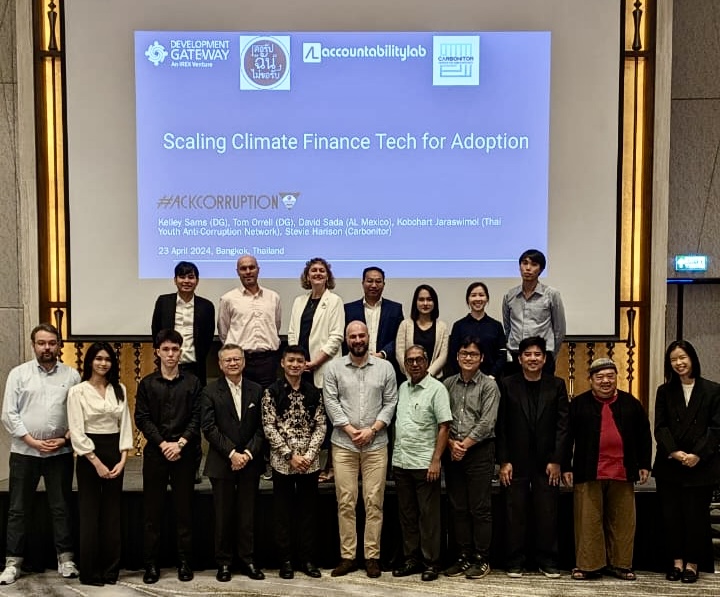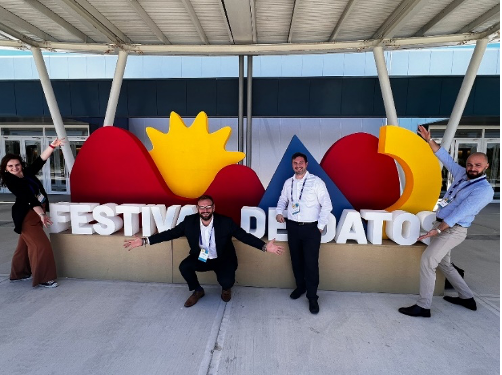Preventing a Zombie(Tech) Apocalypse
As we celebrate today the spookiest holiday of the year – complete with zombies and vampire galore – we wanted to bring to light another sort of zombie invasion, one which has plagued the tech sector for many years. The OpenGov Hub hosted a Brown Bag Lunch earlier this month, “Attack of the Zombie Projects: Why Do NGOs Keep Building Lousy Technology?” to discuss the recurrent reappearance of “zombie” projects in the NGO and tech space. Zombie projects in this regard are projects which keep rebuilding what has already been done, but which are not models or exemplary solutions to overarching questions and challenges. Rather, zombie projects are projects which attack the low-hanging fruit in answering a societal / political problem, but do not add any added value in addressing these issues. As the panelists at the BBL said, these projects are usually dead before they are live.
Digital strategist Jed Miller provided a 3 step approach to successfully ward off zombie infestation:



All jokes aside, his point of “hide” reverberated strongly with everyone. His recommendation of hiding wasn’t in the literal sense but rather, that we need actively to support innovative development, that usually goes on the side rather than incorporated into the actual design and development of tech projects. Sam Harper from Taoti Creative further emphasized that point that design of tech projects shouldn’t be created in a vacuum nor should be rigid: rather agile and iterative design should be promoted and used as much as possible. At Development Gateway, we’re trying to actively address these challenges in our day to day work. From incorporating design thinking into our qualitative research as well as developing our tools agilely, we’re taking the first step to trying to survive the tech World War Z. But we can’t do this alone: this is a call to action for all tech-oriented organizations around the world, let’s work to ensure that we stop zombie projects before they even have the opportunity to become so – at the project design phase – because if not, it’s so much harder to kill off something that’s already dead.
Full slide deck (it’s a great one!) is available here. And don’t forget to check out Nathaniel Heller’s slides, too.
Photo credits: Joe McCarthy via CC License and Jed Miller.
Share This Post
Related from our library

The Future of Technology Governance and Global Development: Why DG Brought DataReady In-house
DG is excited to announce we now have more robust data governance advisory services with the recent integration of DataReady.

Letting the Sunshine in: Building Inclusive, Accountable, and Equitable Climate Finance Ecosystems
In April, DG, HackCorruption, and the Thai Youth Anti-Corruption Network hosted a roundtable in Bangkok to discuss climate financing. This blog explores the main takeaway: a multi-disciplinary and multi-stakeholder approach that prioritizes local contexts, inclusive governance, transparency, accountability, and equitable distribution of resources is essential to impactful climate financing.

Developing Data Systems: Five Issues IREX and DG Explored at Festival de Datos
IREX and Development Gateway: An IREX Venture participated in Festival de Datos from November 7-9, 2023. In this blog, Philip Davidovich, Annie Kilroy, Josh Powell, and Tom Orrell explore five key issues discussed at Festival de Datos on advancing data systems and how IREX and DG are meeting these challenges.